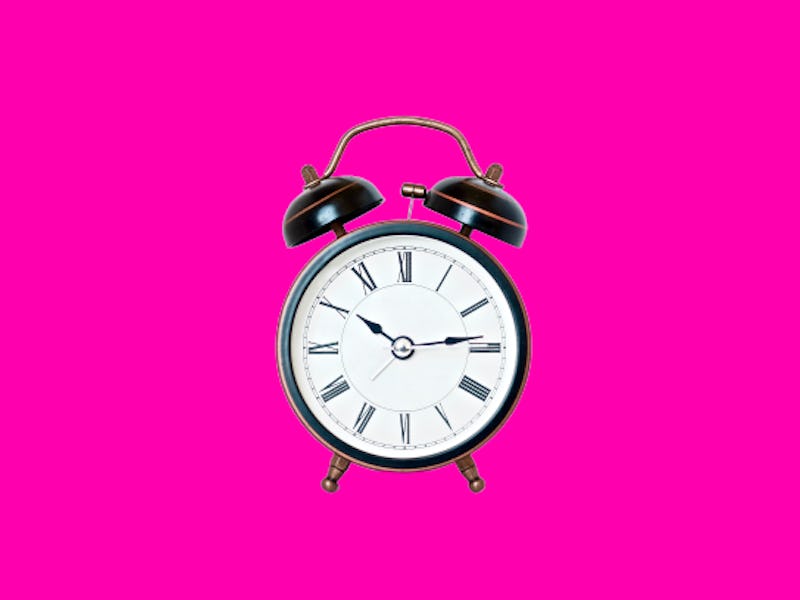Study reveals why getting enough sleep may be critical to your health
A November 2019 study suggests seven hours may be the ‘magic number’ for ideal sleep.

Getting less than your recommended seven hours of sleep every night may do more damage than you just waking up cranky in the morning — it might be aging you prematurely. That’s the takeaway from a November 2019 study which suggests that a lack of a proper night’s sleep may be having an effect on your biological age.
The study found that people who sleep less than five hours a night have significantly shorter telomeres than those than those who get seven hours of sleep.
Inverse is counting down the 25 biggest stories of human potential of 2019. This is #3.*
Telomeres are found on the end of chromosomes, the structures that house DNA in the cell’s nucleus. Telomeres are sequences of nucleotides that shorten naturally over the course of someone’s life. Shorter than expected telomeres may be a sign that the body is aging prematurely — in other words, they may suggest that one’s biological age and chronological age are out of sync.
The team of researchers collected data from 482 people who used FitBit Charge HRs to track their sleeping patterns for a week. Those who slept for fewer than five hours per night had telomeres that were, on average, 356 base pairs shorter than those who slept for seven hours.
The recommended amount of sleep per night is between seven to nine hours for adults, according to The National Sleep Foundation.
“[The study] drives home the message that meeting NSF guidelines for sleep is important in order to avoid incurring health risks associated with insufficient sleep,” Weng Khong Lim an author on the study and assistant professor at Singapore’s Duke-NUS Medical School told Inverse at the time.
The study compared the Fitbits’ data with self-report surveys in which participants recorded the amount of time they slept and their sleep quality. The FitBits tended to slightly over estimate sleep duration, but they were more accurate than the surveys.
Relying on fitness trackers like FitBit could provide a more accurate picture of how a lack of sleep can affect people’s overall health, Lim said.
“Sleep questionnaires tend to be unreliable and biased because people tend to not do a good job at estimating the amount of sleep they’re getting,” Lim said. “Those who sleep between say five to eight hours per night tend to just report a number that is close to the recommended number of hours per night, for example, seven.”
Aside from getting the magic seven hours of sleep each night, other evidence suggests taking lifestyle factors, diet, and exercise into account could also slow the rate at which telomeres shorten — and may even help wind back the clock on your biological age.
As 2019 draws to a close, Inverse is revisiting 25 striking lessons for humans to help maximize our potential. This is #3. Some are awe-inspiring, some offer practical tips, and some give a glimpse of the future. Read the original article here.